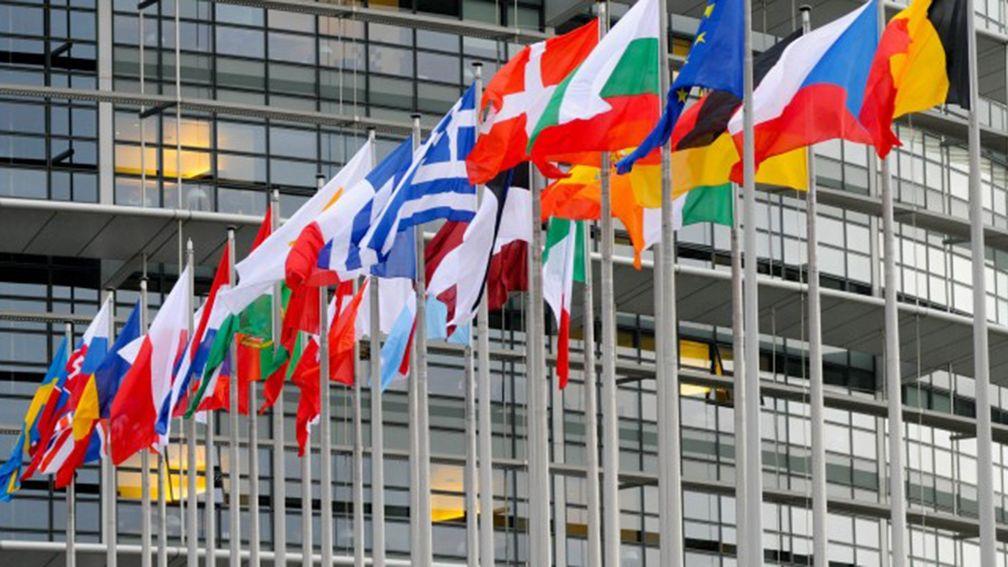EU finance ministers grant states freedom over VAT rates for horse industries

A campaign lasting almost a decade came to fruition this week when all 27 European Union finance ministers agreed to include racing, breeding and other equine pursuits in a list of economic activities where member states will now be allowed to set their own rates of VAT.
Many of the major racing and equestrian sports countries across Europe have in the past charged a lower rate of VAT reserved for agriculture on a range of activities within the equine sector.
But when the EU began issuing fines for non-compliance with a 2006 directive aimed at harmonising rates across the Union, countries such as France and Germany were forced to cancel such incentives, leading in the French case to a 12.5 per cent rise in the VAT charged on activities such as bloodstock sales and training fees in 2013.
At the time there were dire warnings that the increased costs could lead to a reduction of 1,500 horses in training and France Galop went to considerable efforts to soften the financial blow to owners, especially smaller entities who were not VAT-registered.
It has taken cooperation across a breadth of racing and equestrian nations to bring about the change to the directive, with the French effort led by a coalition including racing, trotting, equestrian sports and leisure riding.

That umbrella group, Gouvernance Filiere Cheval, is headed by Loic Malivet, president of the French breeders' federation and vice president of France Galop.
"It's been a long struggle because when France was first fined by the European Union, we had a VAT rate of 5.5 per cent. Then it was raised to either ten or 20 per cent, depending on the activity, and then to the current levels.
"At the time of harmonisation the breeders' federation began to have meetings with officials in the French government and then with ministers.
"For a number of years their efforts in Brussels came to nothing and every time we felt we had made progress at a national level, those efforts came up against the fear that there would be further European fines.
Malivet added: "In the end it took a concerted effort from all the affected countries because the new directive needed to be adopted by all 27 finance ministers.
"Over recent years we have worked closely with colleagues in Ireland and Germany to get the directive adopted. Now the ball is in the court of each national government to set their own rates across the racing and equestrian sector."
More international stories:
Bob Baffert edged closer to complete stable shutdown after latest legal setback
'Freak' Nature Strip set for Royal Ascot after stunning third win in TJ Smith

Download the free Racing Post app for cards, form, tips, in-app betting and to watch live races. Download for free at racingpost.com/mobile or search Racing Post app
Published on inInternational
Last updated
- Skyscraper betting and soaring turnover: Japan's mind-boggling racing experience and the unlikely hero who sparked the boom
- Oisin Murphy a man in demand as revitalised Summer Cup card gives South African racing a platform to build on
- Ben Cecil, Grade 1-winning trainer and nephew of Sir Henry, dies aged 56
- Oisin Murphy: 'Billy Loughnane is the most talented rider I have ever seen at his age'
- Turffontein Summer Cup: Oisin Murphy up against Michael Roberts-trained ace See It Again on first ride in South Africa
- Skyscraper betting and soaring turnover: Japan's mind-boggling racing experience and the unlikely hero who sparked the boom
- Oisin Murphy a man in demand as revitalised Summer Cup card gives South African racing a platform to build on
- Ben Cecil, Grade 1-winning trainer and nephew of Sir Henry, dies aged 56
- Oisin Murphy: 'Billy Loughnane is the most talented rider I have ever seen at his age'
- Turffontein Summer Cup: Oisin Murphy up against Michael Roberts-trained ace See It Again on first ride in South Africa